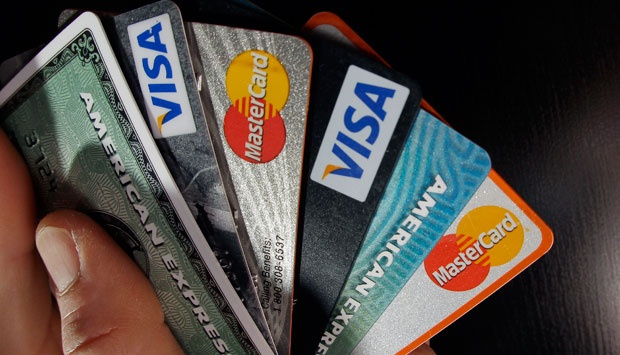BI: Cash Transactions Still More Popular than E-payments
24 April 2015 12:10 WIB

TEMPO.CO, Batam - Bank Indonesia (BI) records show that the use of electronic payments or cashless transactions has increased from around five percent in 2014 to above 10 percent in 2015, wherein 3.8 percent comprised credit card transactions, 5,6 percent debit cards, and the remainder are done using e-Money cards or cash vouchers.
That said, a member of the BI's Task Force for Financial Inclusion and Electronification, Pungki Wibowo, said that such increase was comparatively insignificant compared to the use of similar payment methods, both in developed countries as well as in Indonesia's neighboring countries.
"As of now, cash transactions still make up 89.7 percent of all transactions in Indonesia. Last year, cash transactions accounted for 95.5 percent of all transactions," said Wibowo in Batam on Thursday as quoted by Antara.
The chief economist for BCA, David Sumual, said that the popularity of hard cash as a method of payment was not unique to Indonesia, as Malaysia and Thailand were having similar problems, wherein more than 50 percent of their population preferred to use paper currencies rather than e-Money.
Although a drop in the use of cash in daily transactions in Indonesia has been observed, albeit very slightly, said Wibowo, BI would continue to promote the use of e-payments, which it deemed much more secure in nature, which is a step toward a financial system that was more safe and stable.
The head of BI's Bureau for the Province of Riau Islands, Gusti Raizal Eka Putra, said the promotion of cashless transactions could assist the government's efforts in eradicating corruption, money laundering, the circulation of counterfeit currencies, as well as the funding of terrorist activities.
"Cashless transactions by their very nature leave more trace, which makes it is easier to detect and prevent criminal activities, as well as graft-related activities," he said.
Gusti compared Indonesia's case to Singapore, where the use of hard cash could be reduced by 95 percent since its introduction. The Singaporean government has seen many benefits to the act, as it has helped reduce the state's expenditure relating to the printing of the currencies and the circulation of the printed currencies. Furthermore, paper currencies do not leave as much trail, which makes it easy for money laundering and corrupt practices to proliferate.
In order to do so, Riau Islands authorities and BI are working together with 12 banks they saw competent enough to assists their efforts in promoting the use of electronic payments, among them Bank Central Asia (BCA), Bank Mandiri, Bank Negara Indonesia (BNI) and Bank Rakyat Indonesia (BRI).
Furthermore, BI's head for Sumatra, Dian Ediyana, is also calling on the general public to change their way of thinking, elaborating that e-payment could also be used to transact in foreign currencies as long as it complies with existing regulations.
RUMBADI DALLE (BATAM) | AMIRULLAH





















